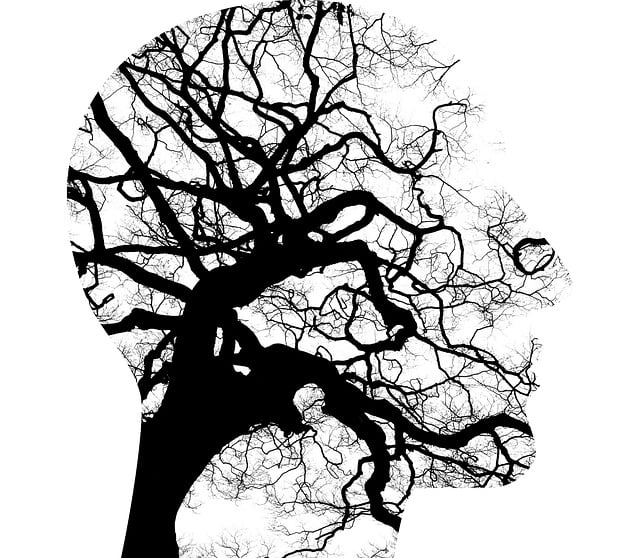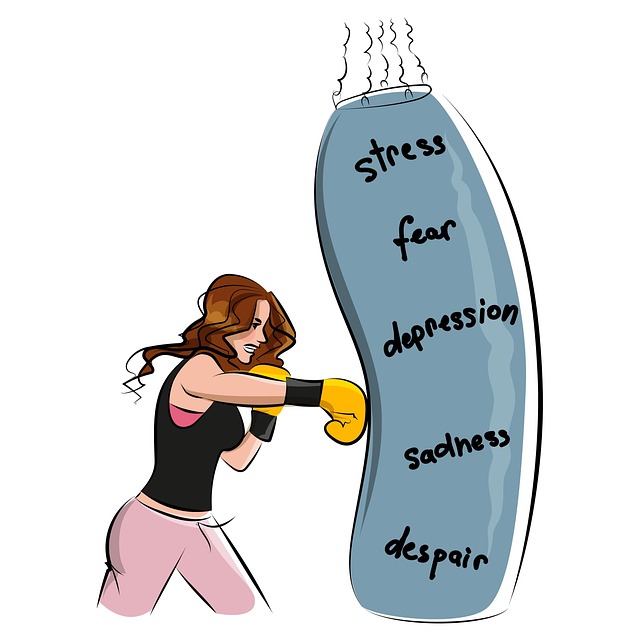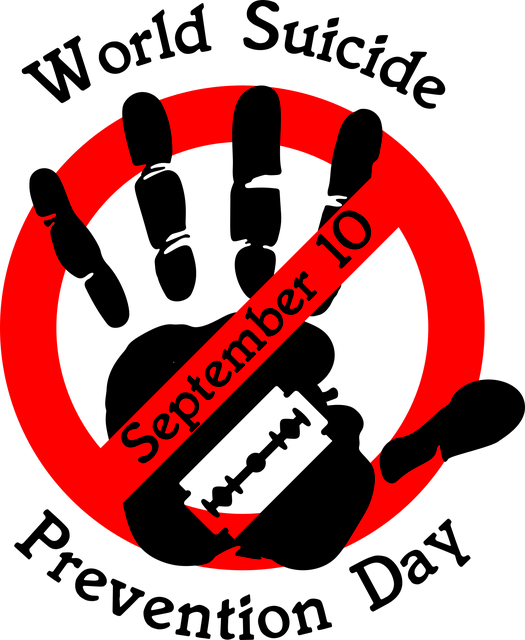Evaluating the impact of Colorado Springs Anger Management Therapy involves a multi-faceted approach combining surveys, participant feedback, direct observation, and qualitative research. Surveys gauge client experiences and perceived improvements, while cultural sensitivity ensures diverse populations feel comfortable sharing. Observational notes provide insights into therapeutic methods and their effectiveness. Quantitative data analysis tracks changes over time, guiding program improvements through Mental Health Policy Analysis. Qualitative methods delve into clients' challenges and growth, recognizing mental wellness as both objective and subjective. This comprehensive evaluation ensures the therapy center meets client needs and fosters positive outcomes.
In the pursuit of optimal mental wellness, evaluating program effectiveness is paramount. This article explores diverse assessment methods employed in Colorado Springs Anger Management Therapy, delving into structured surveys and feedback for gauging impact, observational techniques to assess therapist skills, quantitative data analysis for tracking progress, and qualitative research for uncovering nuanced insights. By integrating these approaches, therapists can deliver tailored, effective care.
- Assessing Program Impact: Surveys and Feedback
- Observational Techniques for Evaluating Therapists' Effectiveness
- Tracking Progress: Quantitative Data Analysis
- Qualitative Research Methods in Mental Wellness Programs
Assessing Program Impact: Surveys and Feedback

Evaluating the impact of a mental wellness program is crucial for understanding its effectiveness and making informed improvements. One of the most direct methods is through surveys and feedback from participants. These tools provide valuable insights into client experiences, perceptions of improvement, and areas that require adjustments. At Colorado Springs Anger Management Therapy, for instance, post-program surveys have been instrumental in gauging progress made by individuals in managing anger-related issues.
Feedback mechanisms should be designed with cultural sensitivity in mental healthcare practice in mind, ensuring that diverse populations feel comfortable sharing their experiences. Additionally, while assessing program impact, it’s essential to gather feedback not only on the therapy itself but also on stress management techniques taught and empathy building strategies employed, as these components significantly contribute to overall client satisfaction and wellness outcomes.
Observational Techniques for Evaluating Therapists' Effectiveness

Evaluating the effectiveness of therapists is a multifaceted process, and observational techniques offer valuable insights into practitioners’ approaches and client outcomes. In the context of Colorado Springs anger management therapy, direct observation allows researchers to assess the application of various therapeutic methods in real-time settings. Trained observers can meticulously note therapists’ interactions with clients, paying close attention to communication strategies, mood management techniques, and overall session dynamics.
These observations provide a powerful tool for mental illness stigma reduction efforts by fostering an understanding of effective practices. By studying successful interventions, practitioners can refine their approach, ensuring client-centered care tailored to individual needs. Observational methods also enable the identification of best practices and areas for improvement, contributing to the overall enhancement of therapy sessions and positive outcomes in managing anger and associated mental health concerns.
Tracking Progress: Quantitative Data Analysis

Evaluating the effectiveness of mental wellness programs is a multifaceted process, and tracking progress through quantitative data analysis plays a pivotal role in this assessment. At centers like Colorado Springs Anger Management Therapy, professionals employ various tools to gauge the success of interventions. This typically involves collecting and analyzing statistical data that measures changes in participant behavior, attitudes, and emotional well-being over time. For instance, pre-and post-program surveys can compare scores on scales assessing anger management, stress levels, or overall life satisfaction.
Quantitative methods allow for objective comparisons, enabling therapists to identify patterns and trends within the data. This analysis contributes to a comprehensive Mental Health Policy Analysis and Advocacy, guiding program improvements and shaping evidence-based practices. Additionally, these insights can be shared in Mental Wellness Journaling Exercise Guidance, empowering individuals to understand their progress and fostering a sense of accomplishment. By combining quantitative tracking with qualitative feedback, programs like Colorado Springs Anger Management Therapy ensure they are not only meeting but exceeding the needs of those seeking support for their mental wellness.
Qualitative Research Methods in Mental Wellness Programs

Qualitative research methods play a significant role in evaluating mental wellness programs, offering valuable insights into participants’ experiences and perspectives. In the context of Colorado Springs Anger Management Therapy, this approach allows for an in-depth understanding of how individuals perceive and engage with the program’s unique offerings. Through techniques such as interviews and focus groups, therapists can gather rich data on clients’ journeys, including challenges faced, coping mechanisms learned, and personal growth achieved. This qualitative lens provides a nuanced view, recognizing that mental wellness is not solely measured by quantitative outcomes but also by subjective improvements in daily living and self-care practices.
Additionally, exploring the effectiveness of programs like Colorado Springs Anger Management Therapy through qualitative methods can shed light on the impact of specific therapeutic techniques, such as Social Skills Training and Mind Over Matter principles. By delving into participants’ narratives, researchers can identify which aspects of the program foster positive change, enhance self-awareness, and promote better emotional regulation. This method ensures that the evaluation is holistic, considering both the tangible outcomes and the intangible yet profound effects on individuals’ mental wellness journeys.
Evaluating mental wellness programs is a multifaceted process, from surveys and feedback to observational techniques and qualitative research. By utilizing these various methods, such as those seen in Colorado Springs Anger Management Therapy, programs can gain profound insights into their impact and effectiveness. Tracking both quantitative data and qualitative experiences ensures a holistic understanding of participant progress and therapist performance, ultimately refining and enhancing the overall mental wellness journey.














